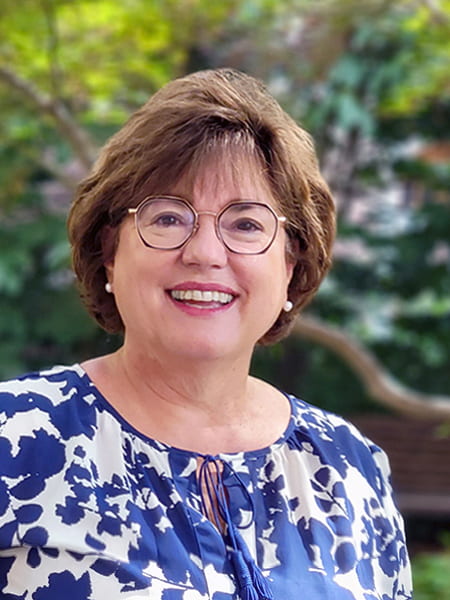
Students, teachers and communities thrive when learning environments embrace diversity
It is exciting to consider the potential that exists for our community with the successful launch of the Taylor Geospatial Institute, an endeavor that aims to transform St. Louis into the go-to region for geospatial science in the next ten years. This specific opportunity and any others that promise prosperity and growth for our region will be all the more powerful if we fix our gaze on workforce development with equal vigor.
In order to provide a steady pipeline of workers who are prepared to participate in and lead work that will address some of humanity’s most pressing issues, including food security, community health and national security, it is more critical than ever to ensure equitable access to high-quality, robust STEM education for all learners.
We anticipate and contemplate this growth for our region at a time when national and local conversations about education and equity are fraught with conflict and division. Equity in education is essential, and at the heart of the Institute for School Partnership mission. As a member of the Washington University in St. Louis community, we take our responsibility to address regional challenges seriously. Strong schools are essential to strong communities. Students and teachers thrive in loving learning environments that celebrate diversity of strengths, challenges and curiosities.
To parents, educators, politicians and others who find themselves threatened by the notion of student exposure to new concepts that have the potential to cause discomfort or question the world around them, we say three things:
- Discovery, productive struggle, and exploration are essential to high-quality education and the human experience. Inclusive educational environments afford learners a safe space to gain knowledge and skills, as well as guidance and license to apply that growing knowledge in real-world contexts that can be surprising, exciting, inspiring, and sometimes painful to consider. Attempts to thwart contextual learning through book bans or legislation designed to discourage educators from guiding students through authentic exploration of difficult-to-hear topics like systemic racism only hinder a young person’s ability to thrive in a diverse world. To fully leverage opportunities for growth and healing that propel communities forward, we must have adults capable of navigating uncomfortable conversations with grace and empathy.
- Education exists to enhance the human experience. When educational opportunities are inequitable, so too are the outcomes. It’s important to recognize that equity-seeking stands to address not only systemic racism, but also a broad swath of other barriers that prevent students from participating in high-quality, engaging learning: gender biases, poverty, physical, developmental and learning disabilities, as well as trauma. When invited to participate in learning by loving adults who are committed to inclusion and equipped to meet diverse needs, all students benefit, as do the communities in which they live, work and contribute. In short, a barrier is a barrier, and an invitation is an invitation.
- Learning is a lifelong process. Armed with confidence, curiosity and solid critical thinking skills, all of us have the capacity to continually gain new information, change perspectives and relate to others in meaningful ways. We learn from books, technology, media and the world around us, but our primary source of learning is found in relating to other people. Social-emotional, contextual learning belongs in every classroom and every subject, even math, where many students are delighted to discover just how many paths to the “right answer” exist. To suggest otherwise demonstrates a lack of appreciation for the learning process and the human potential for connection that matters.
ISP Blog Posts
valuing science learning
Feb 10 2023
addressing root causes
Feb 2 2023
It’s All About the Place
Dec 14 2022
Pride in STEM
Nov 17 2022
Challenging Narratives
Sept 21 2022
Embracing Diversity
May 24 2022
Impacting Science Learning
May 20 2022
Math Identity
April 23 2022
SLPS Principal Fellowship
Dec 12 2021

Victoria L May is Executive Director of the Institute for School Partnership at Washington University in St. Louis.